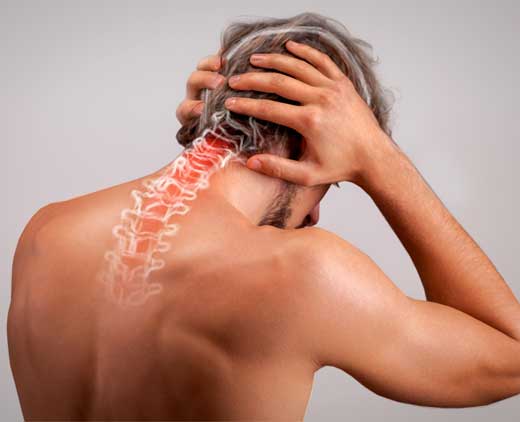
Temporomandibular joint syndrome treatment may include massage and other therapies that target tension in the jaw muscles to relieve pain, improve jawbone function, and restore range of motion.
Temporomandibular joint syndrome involves pain in the jaw joint (TMJ) that connects the lower jaw to each side of the skull, directly in front of the ear. The joints are made up of bones, muscles, nerves, and blood vessels, and control hinge movements and rotation in the jawbone. When problems occur in this area of the jaw, patients can experience head pain, neck discomfort, a locked jaw, ear pain, and issues with chewing and biting.
It is often difficult for doctors to determine the exact cause for this disorder, thought injuries and genetics are often factors. Surgery is typically required only in the most extreme cases, however. Fortunately, this syndrome can usually be treated with noninvasive measures, since symptoms are temporary in most instances. In addition, osteopathic care can be a useful option for helping patients to manage and relieve symptoms.
It is not always clear what causes this disorder. Some jawbone joint conditions occur as a result of a breakdown in the cartilage and disc that help to keep the joint’s movements smooth. The following can also contribute to joint problems:
Signs and symptoms can include any of the following:
In some cases, patients may hear audible clicking when their jaw joint moves. In situations where that noise is not accompanied by other symptoms, it is likely that treatment is unnecessary. When pain, dizziness, or any other more serious symptoms are present, however, it is advisable to seek medical attention.
Jaw and facial muscle pain can be extremely disruptive, affecting speech, eating habits, and other areas of life. Leonid Tafler, D.O. has the expertise and experience it takes to provide the effective osteopathic treatment you need to manage this syndrome and its symptoms. Using a combination of hands-on osteopathic techniques, educational resources, and lifestyle recommendations, he can help you minimize pain and enjoy an improved quality of life.

Head conditions include headaches, migraines, whiplash-related head pain, and other ailments and injuries that cause pain, weakness, nausea, and other potentially debilitating symptoms.
Chronic Tension HeadachesHead InjuriesHeadachesMigrainesOccipital NeuralgiaTemporomandibular Joint SyndromeWhiplash Headaches
If you are experiencing any of these symptoms, contact us today to schedule your appointment with Dr. Tafler. He will provide the examination and diagnosis you need and work with you to create a treatment plan that can help you live a more pain-free life.